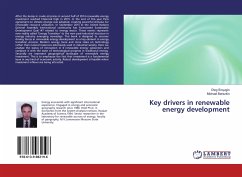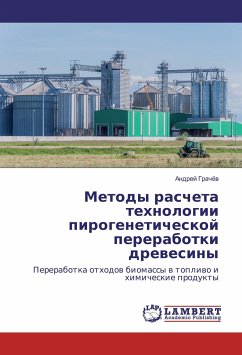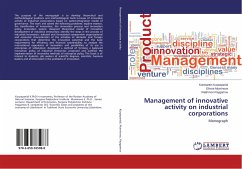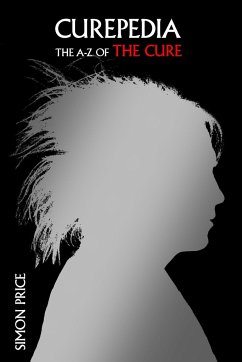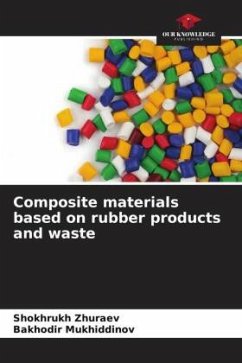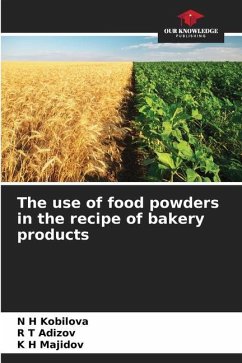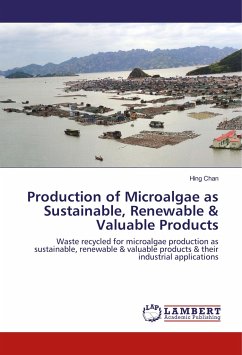
Production of Microalgae as Sustainable, Renewable & Valuable Products
Waste recycled for microalgae production as sustainable, renewable & valuable products & their industrial applications
Versandkostenfrei!
Versandfertig in 6-10 Tagen
34,99 €
inkl. MwSt.

PAYBACK Punkte
17 °P sammeln!
Trash fish feeding of cage fish can result in marine pollution. Reduction of pollution can be achieved by recycling the wastewater generated from trash fish feeding for cultivation of microalgae. Microalgae are potent candidates for the production of renewable and sustainable products such as feed and food, health and pharmaceutical, cosmeceutical, industrial products, and biofuel. Two microalgae, Chlorella saccharophila and Nannochloropsis sp. have the potential to produce high amounts of polyunsaturated fatty acids and high oil content. An alternative biofuel derived from microalgae is feasi...
Trash fish feeding of cage fish can result in marine pollution. Reduction of pollution can be achieved by recycling the wastewater generated from trash fish feeding for cultivation of microalgae. Microalgae are potent candidates for the production of renewable and sustainable products such as feed and food, health and pharmaceutical, cosmeceutical, industrial products, and biofuel. Two microalgae, Chlorella saccharophila and Nannochloropsis sp. have the potential to produce high amounts of polyunsaturated fatty acids and high oil content. An alternative biofuel derived from microalgae is feasible due to the fact that they do not compete for arable land for cultivation. Also the de-oiled biomass byproduct after oil extraction or its whole biomass can be converted into sustainable and renewal industrial products such as bioplastic, biopaint, bioasphalt, and bio-building components. Furthermore, microalgae have been recognized as a source of functional bioactive metabolites with health and pharmaceutical effects since some of them produce essential minerals, vitamins, amino acids, polyunsaturated fatty acids, sulphated polysaccharides, phenolic compounds, pigments, and antioxidants.



